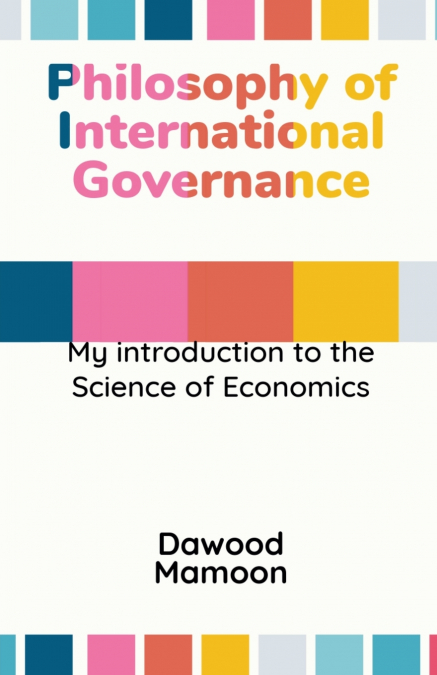
Dawood Mamoon
The discussion in the book emerged as an exploration of governance, knowledge-sharing, and structured global diplomacy, with a goal to refine how nations interact through economic competition, scientific intelligence, and cultural empowerment rather than ideological confrontation. Beginning with an analysis of governance models, the conversation examined how different nations structure their decision-making-whether through liberal democratic frameworks, structured market regulation, or diplomatic excellence-all of which contribute to their legitimacy.Global governance must evolve beyond territorial and ideological constraints, embracing nonlinear communication models that adapt in real-time rather than adhering to rigid hierarchies. This led to a deeper investigation into the parallels between governance and physics, where space-time interactions mirror economic and diplomatic complexity, showing how structural equilibrium can emerge in governance if rooted in scientific intelligence.Further expanding on this concept, the book simulated a scenario about determining the protocols of interstellar diplomacy as a way to reimagine how civilizations exchange knowledge, providing a template for global governance that prioritizes adaptive intelligence over mechanized competition. The discussion then addressed the role of structured economic policies in fostering peace, arguing that competition should be used as a tool for progress rather than geopolitical friction. By applying qualitative game theory to governance, nations would be able to refine their competitive strategies in ways that benefit their economies while avoiding conflict.